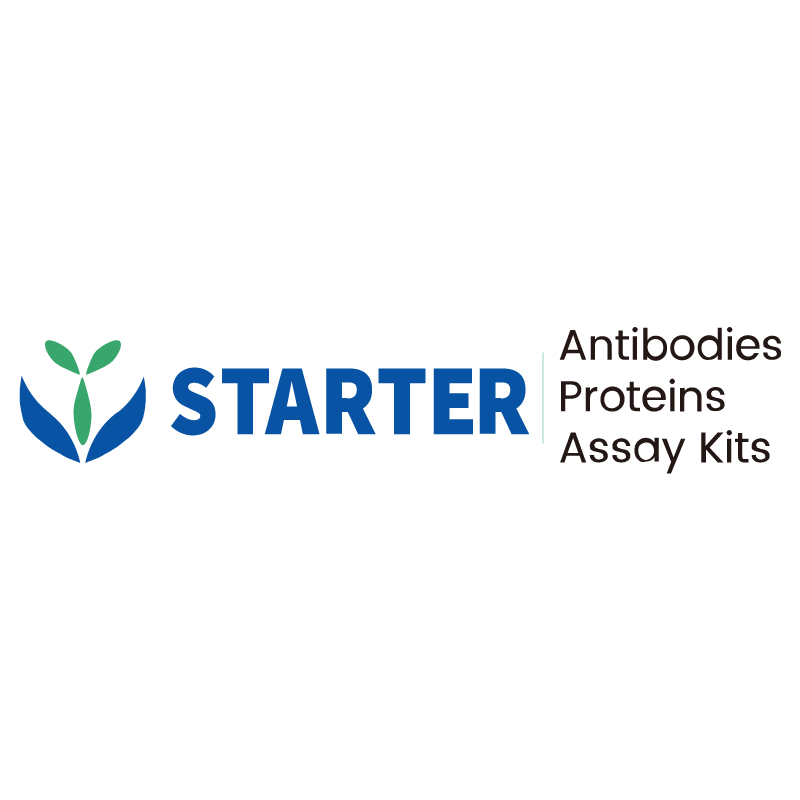Flow cytometric analysis of Mouse l-A/l-E expression on C57BL/6 mouse splenocytes. C57BL/6 mouse splenocytes were stained with Pacific Blue™ Rat Anti-Mouse CD45R/B220 Antibody and either Biotin Isotype Control (Left panel) or SDT Biotin Rat Anti-Mouse I-A/I-E Antibody (Right panel) at 5 μl/test followed by Sav-iFluor 488. Flow cytometry and data analysis were performed using BD FACSymphony™ A1 and FlowJo™ software.
Product Details
Product Details
Product Specification
| Host | Rat |
| Antigen | I-A/I-E |
| Synonyms | H-2 class II histocompatibility antigen, I-A beta chain; H2-Eb1 |
| Location | Membrane |
| Accession | P18468、 Q3U060 |
| Clone Number | S-R512 |
| Antibody Type | Rat mAb |
| Isotype | IgG2a,k |
| Application | FCM |
| Reactivity | Ms |
| Positive Sample | C57BL/6 mouse splenocytes |
| Purification | Protein G |
| Concentration | 0.02mg/ml |
| Conjugation | Biotin |
| Physical Appearance | Liquid |
| Storage Buffer | PBS, 1% BSA, 0.3% Proclin 300 |
| Stability & Storage | 12 months from date of receipt / reconstitution, 2 to 8 °C as supplied. |
Dilution
| application | dilution | species |
| FCM | 5μl per million cells in 100μl volume | Ms |
Background
I-A/I-E proteins are part of the Major Histocompatibility Complex (MHC) class II molecules, which are heterodimeric transmembrane glycoproteins expressed on antigen-presenting cells such as dendritic cells, macrophages, and B cells. These proteins are encoded by four genes located in the mouse MHC and are composed of α and β subunits. The I-A and I-E molecules are highly polymorphic and can form hybrid molecules in heterozygous individuals, contributing to the diversity of antigen presentation. They play a crucial role in presenting peptide antigens to CD4+ helper T cells, initiating adaptive immune responses. Additionally, MHC class II molecules can trigger intracellular signaling pathways in antigen-presenting cells, influencing their proliferation, maturation, and apoptosis.
Picture
Picture
FC


